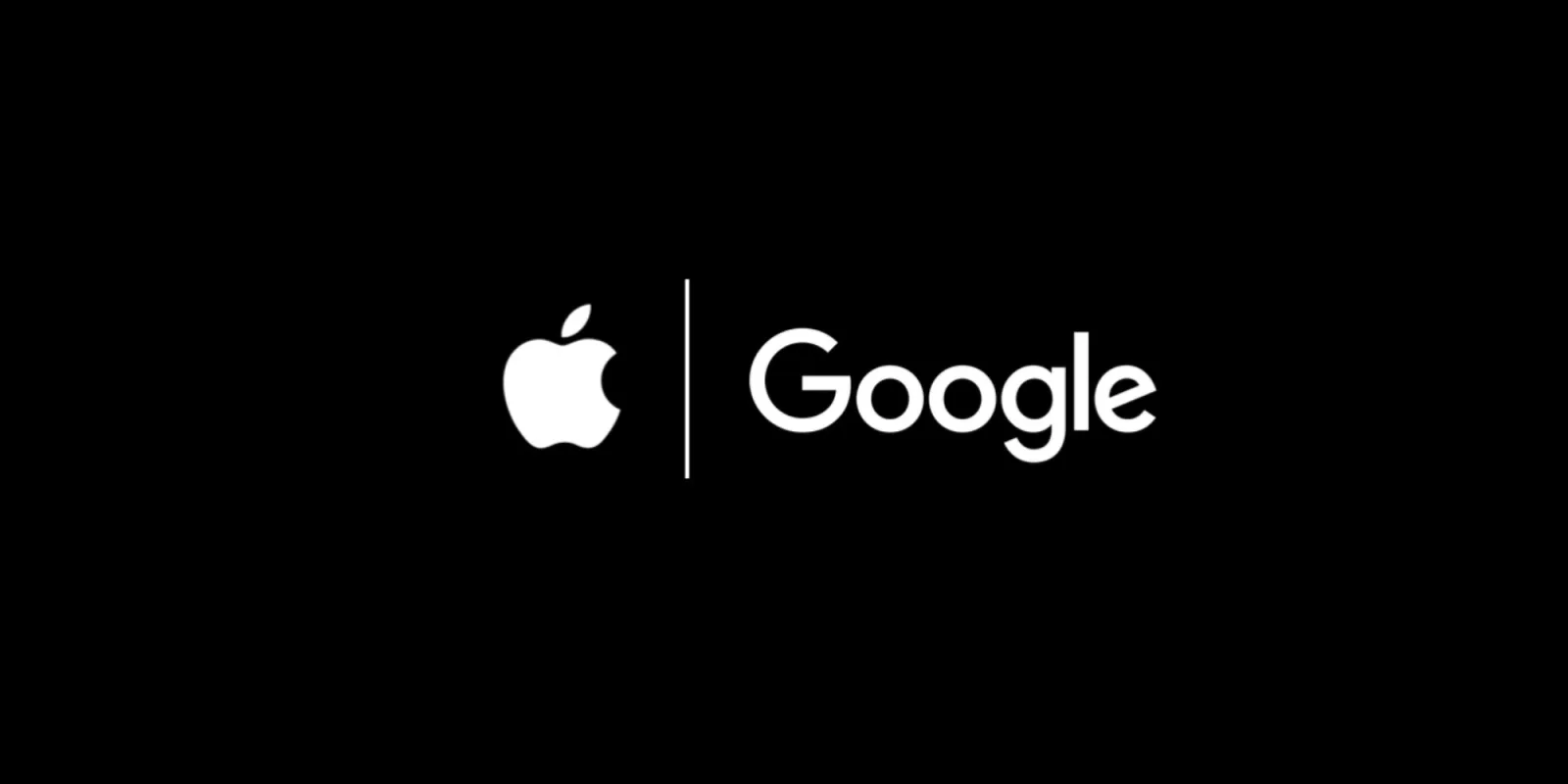Apple’s recent adjustments to its iOS browser regulations in Europe have sparked significant debate among leading technology companies, particularly Google and Mozilla. These changes, driven by the European Union’s Digital Markets Act, aim to dismantle the monopolistic control held by major tech entities, offering a more competitive and fair digital market. However, the implementation of these rules has led to dissatisfaction from Google and Mozilla, revealing a complex web of technological, regulatory, and competitive challenges.
Key Highlights:
- Apple introduces changes to iOS browser regulations in Europe to comply with the EU’s Digital Markets Act.
- The alterations allow non-WebKit browsers on iOS, but with restrictions that confine these changes to the EU.
- Google and Mozilla express dissatisfaction, highlighting the challenges in maintaining separate browser versions for Europe and the rest of the world.
- Concerns about competition, innovation, and user choice in browser technologies are at the forefront of the debate.

The European Union’s Role in Browser Competition
The EU’s Digital Markets Act is the catalyst for Apple’s policy shift, allowing browsers like Chrome and Firefox to use their proprietary technologies on iOS devices. However, this permission is exclusively granted within the European Union, causing a bifurcation in browser development efforts and potentially stifling innovation and competition globally.
The Technical and Competitive Landscape
Apple’s historical restriction on browser engines has limited the delivery of advanced features and competition within the browser market. By mandating the use of WebKit for all iOS browsers, Apple effectively curbed innovation, making alternative browsers mere shadows of Safari. This long-standing policy has been a point of contention, criticized for hindering web development and innovation.
Industry Reactions to Apple’s Browser Policies
Google and Mozilla have voiced their concerns, emphasizing the unfair advantage Apple’s policies give to Safari. Mozilla spokesperson Damiano DeMonte highlighted the difficulty of developing and maintaining two different browser versions for the EU and the rest of the world. Google echoed these sentiments, with Parisa Tabriz, VP of engineering for Chrome, expressing agreement with Mozilla’s stance. Both companies view Apple’s restrictions as overly limiting and detrimental to fostering a competitive browser ecosystem.
The Framework for Change: BrowserEngineKit
Apple introduced BrowserEngineKit, a new framework that supports alternative browser engines on iOS 17.4. This framework, while a step toward diversification, comes with stringent requirements for developers, focusing on web standards, security vulnerabilities, and user privacy. However, the limitation to the EU market presents a significant hurdle, reinforcing the geographical divide in browser capabilities and choices.
Conclusion
Apple’s iOS browser rule changes in Europe represent a pivotal moment in the ongoing dialogue about competition, innovation, and consumer choice in the digital market. While the move is a step towards compliance with the EU’s Digital Markets Act, the restrictions placed on these changes underscore the complexities of global digital regulation and market dynamics. Google and Mozilla’s responses highlight the broader implications for the tech industry, pointing to a future where the balance between regulation, innovation, and competition remains a contentious and evolving narrative.






